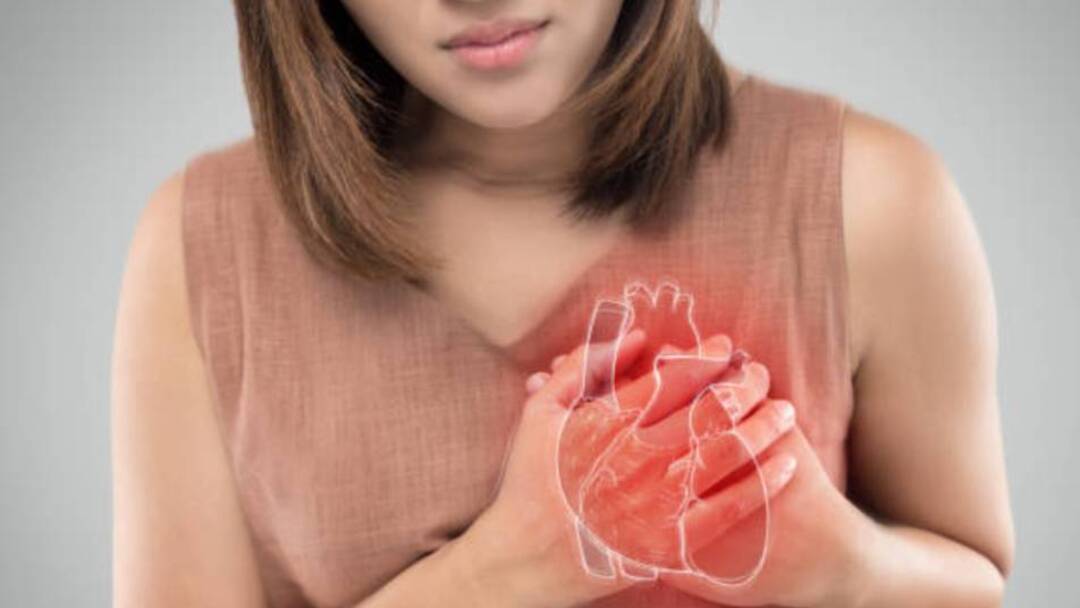-
How to Recognize the Signs of a Heart Attack or Cardiac Arrest

Important Tips from the UK National Health Service (NHS): How to Identify and Respond to Heart Attack and Cardiac Arrest Signs
The NHS in the United Kingdom has called on citizens to help raise awareness about three critical signs of a heart attack and how to handle emergency situations that can save lives.
The NHS posted on its official X (formerly Twitter) account: “Do you know the difference between a heart attack and a sudden cardiac arrest? Learn how to act in these situations and help us spread awareness.”
The organization explained the signs of a cardiac arrest and the correct way to respond, emphasizing that the patient is often unconscious and either not breathing or breathing abnormally. The quicker you intervene, the higher the chances of saving their life.
What to Do in the Case of a Cardiac Arrest
If you suspect someone has a cardiac arrest, follow these steps immediately:
1. **Ensure Safety:** Make sure the environment is safe for you to provide assistance.
2. **Check Responsiveness:** Shout loudly, “Are you okay?” gently shake the shoulders.
3. **Call for Help:** Have someone else call emergency services.
4. **Open Airway:** Tilt the person’s head back slightly to open the airway.
5. **Check Breathing:** Watch for chest movement or listen for abnormal breathing sounds.
6. **Start Chest Compressions:** If the person is not breathing normally, perform immediate CPR.
What to Do if Someone Shows Signs of a Heart Attack
The NHS confirms that the symptoms of a heart attack are different from those of a cardiac arrest, and the patient is usually conscious, experiencing one or more of the following:
- Chest pain
- Dizziness or feeling faint
- Shortness of breath
- Pain radiating to the left arm
- Heavy sweating
- Nausea or vomiting
- Coughing or wheezing
If you suspect someone is having a heart attack:
- Call emergency services immediately.
- Have the person sit in a comfortable position, and do not give them food or drink.
- If they have no allergies and are over 16, slowly chew a 300 mg aspirin tablet (if available) to help reduce heart damage.
These tips remind us of the importance of quick awareness and proper action to protect lives and prevent serious complications. We all need to be prepared to respond effectively during cardiac emergencies to ensure lives are saved.
You May Also Like
Popular Posts
Caricature
opinion
Report
ads
Newsletter
Subscribe to our mailing list to get the new updates!






















